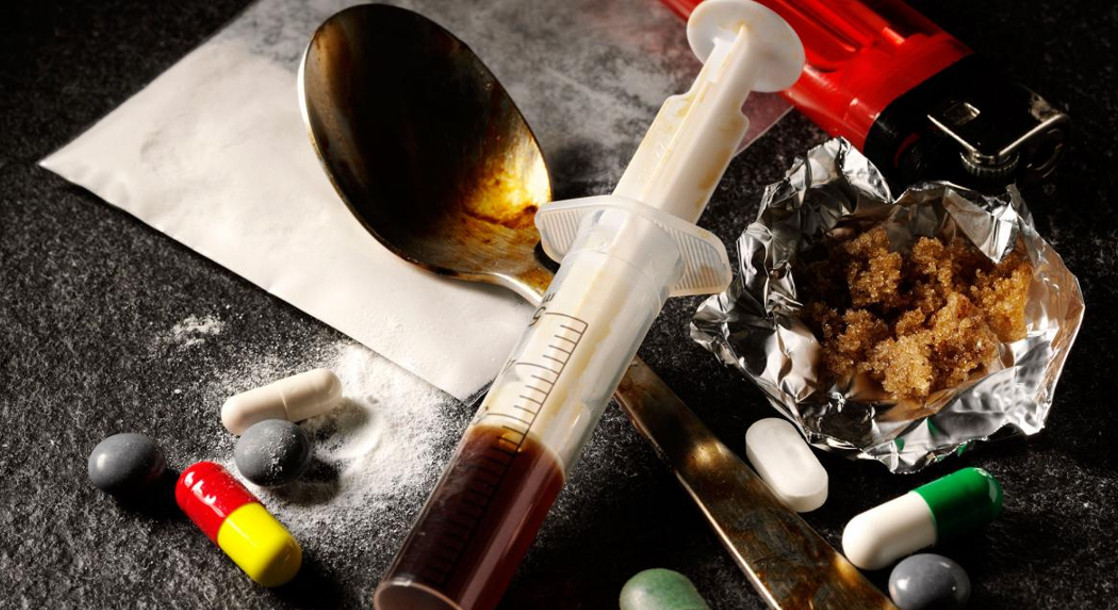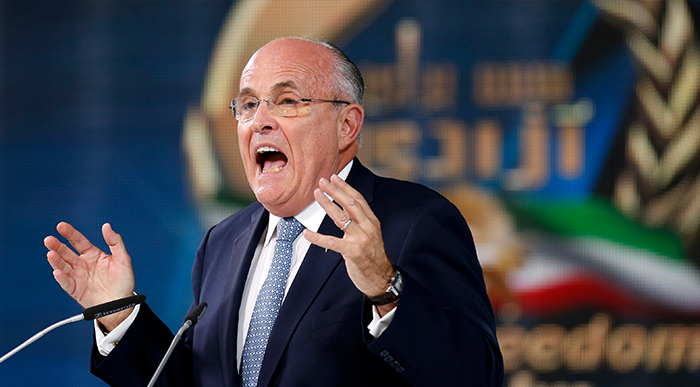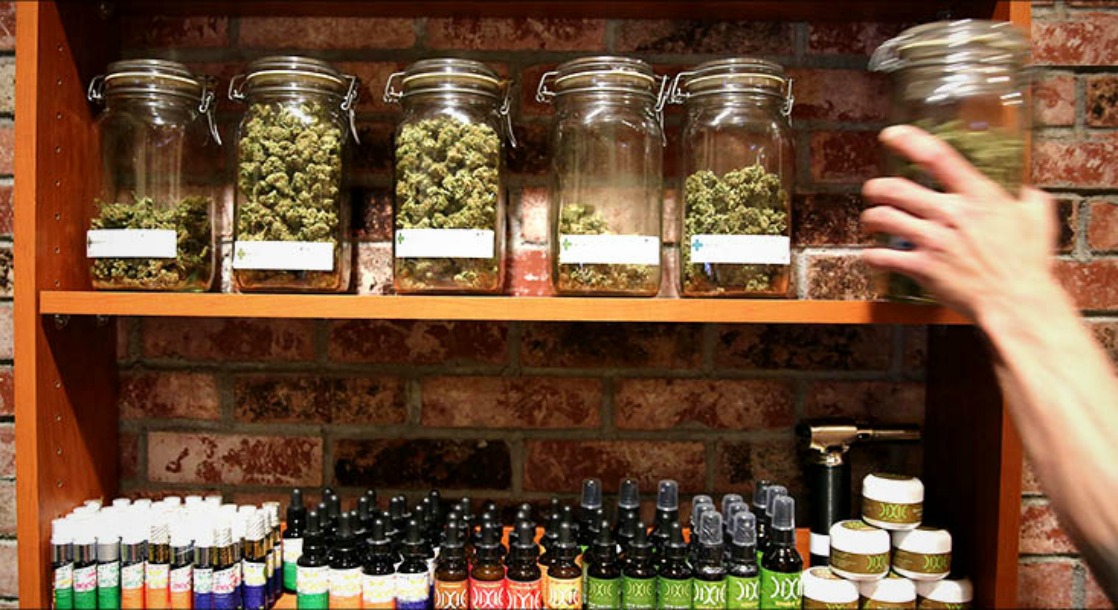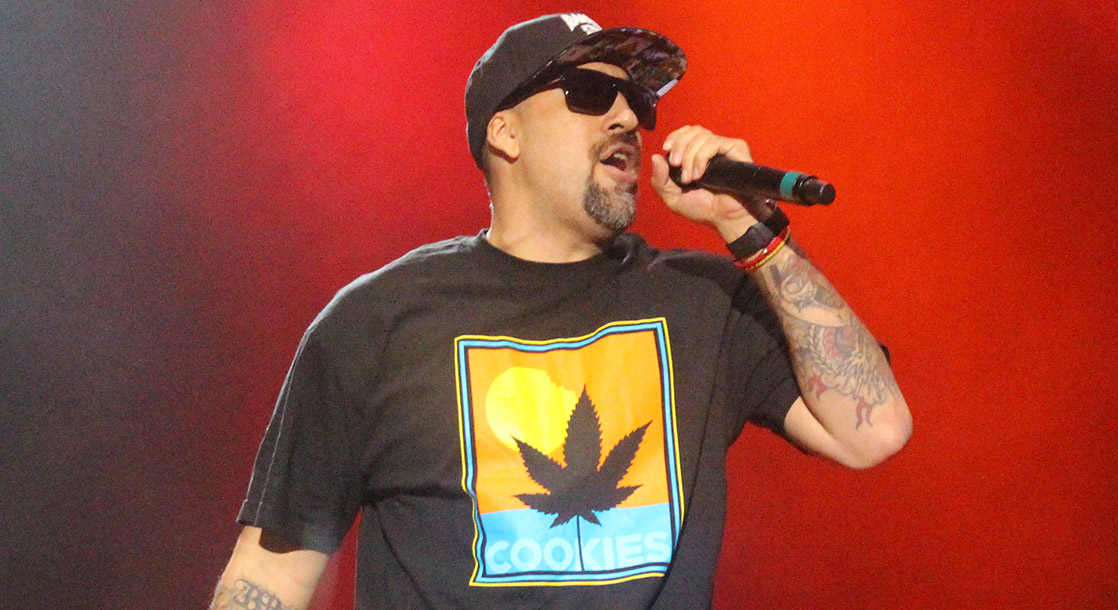Although a voter initiative aimed at legalizing marijuana for recreational use failed in last year’s election, one ambitious group of activists are hoping to put an initiative on the ballot in 2018 that would legalize every drug currently criminalized throughout the state.
According to a report from KTAR News, an organization going by the name RAD Final has filed the necessary paperwork with Secretary of States Michele Reagan’s office to start collecting signatures for an initiative that would legalize all drugs, “including marijuana, heroin, cocaine, LSD and peyote.”
But the proposal is not industry friendly. It would not allow the state to establish any kind of taxed and regulated marketplace, so there is no chance of seeing cocaine sold in retail outlets anytime soon.
“This initiative is 100 percent complete legalization of all drugs,” said a spokesperson for Reagan’s office. “It forbids the government from taxing or regulating any drug.”
In addition to eliminating the criminal penalties associated with the possession of all illegal drugs, the initiative would provide “complete, automatic pardons,” to any person convicted of a drug crime. It also holds police, prosecutors and lawmakers “civilly liable” for interfering with a person’s drug use.
Just in case Arizona voters are not quite ready to live in a world where all drugs are legal, the group has submitted a second initiative for consideration, this one seeking to legalize only marijuana. Much like the first initiative, the proposal would not give the state any authority to create a cannabis industry.
If approved, the group would have until July of next year to collect the required 150,642 signatures to earn a spot on the ballot in the November 2018 election.
While the concept of legalizing all drugs may seem like a bit of a stretch to some, similar policies are proving successful in other parts of the world.
In 2001, Portugal decriminalized all drugs – treating the possession of marijuana, cocaine, heroin, etc as a public health issue rather than a criminal matter. Since then, the country has experienced a reduction in overall drug use, a decline adolescent substance abuse issues, fewer incarcerations, and more people are now voluntarily seeking treatment for addiction than they did under the prohibition model.
“There were fears Portugal might become a drug paradise, but that simply didn’t happen,” said former police chief Fernando Negrão, according to the Drug Policy Alliance.











